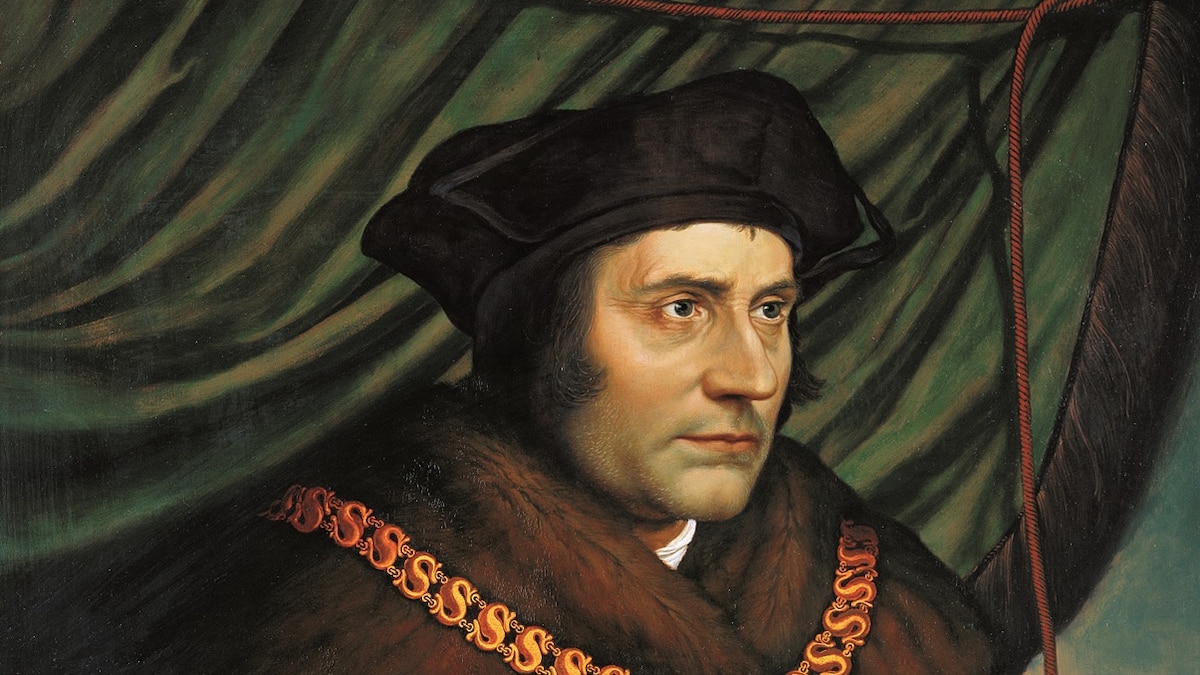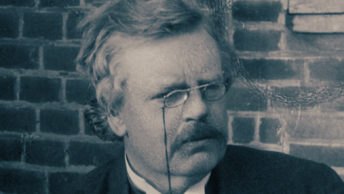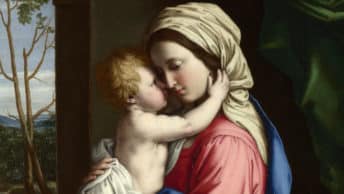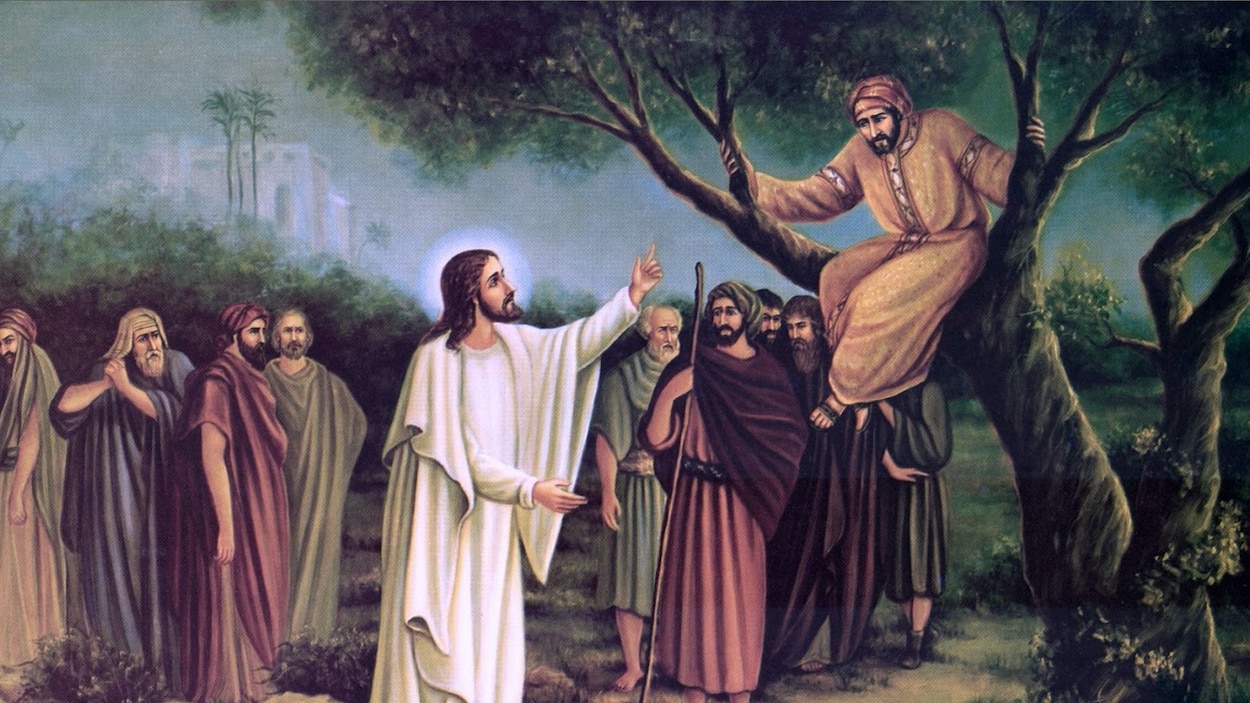The opening prayer for the Fourteenth Sunday in Ordinary Time begins with these words: “O God, who in the abasement of your Son have raised up a fallen world, fill your faithful with holy joy…”
In our first reading, 500 years before the Incarnation, the Prophet Zechariah (9:9-10), prophesied and detailed the way that the King of Kings would come to his people. At the outset of Zechariah’s prophesy come these words: “Rejoice heartily, O daughter Zion, shout for joy, O daughter Jerusalem!”
Within the liturgy, we have quickly heard the prayers of Holy Mother Church that we be filled with joy and a prophet proclaiming that we should shout about it. As we listen and reflect upon their words, some of us might think that these thoughts might be a bit out-of-sync with the reality that surrounds us. Do they not see the massive elephant standing in our living room? Do they not see the virus that has turned our world upside down? Do they not see the emotional and financial stress that many of us are experiencing?
Now I suppose that if we think of joy as the state of being in possession of material things, we are right to think this way. However, do things define joy? Do material things constitute its essence? Or, is joy something more?
In his book, Happy are You Poor: The Simple Life and Spiritual Freedom, Fr. Thomas Dubay, S.M. explores the difference between pleasures and joy. He notes that “pleasures are caused by a specific material stimulus: food, drink, fragrance, color, sexual contact.” If we were to add to this list, other material realities like wealth, fame, and even our physical health certainly come to mind. But, in the end, each of us knows that these are “things which are passing away.”
Joy, on the other hand, is different. As Fr. Dubay clarifies: “Because joy does not derive primarily from visible creation, it can suffer from neither robbery nor depletion.” In the Gospel of John (16:22), Jesus prepares his disciples for the hardships and suffering that are to come: “So you also are now in anguish. But I will see you again, and your hearts will rejoice, and no one will take your joy away from you.”
Years ago, one of my seminary professors described a couple she knew that had fallen upon hard financial times. The husband had lost his job and was required to take another job that paid significantly less. Their now reduced income set in motion a downsizing of everything they had believed brought them joy. Their large house gave way to a smaller one. Their luxury car was replaced with one that was more economical. And the extravagant vacations they once enjoyed gave way to backyard cookouts with family and friends.
I can remember my professor noting how, for many, such “losses” would have been crushing. But, for this faith-filled couple, a lessened focus upon things led them to embrace a simpler lifestyle that could be maintained with less money, less work, and less stress. And through this transition, they grew in happiness and their joy—increased!
Throughout Salvation (and Church history), God often shows His love for us by inviting us down a pathway of joy! In a sense, we might say that Our Lord invites us to move beyond that which IS our present state in life to that which COULD BE; if only we Trust in Him.
Just yesterday, I sat with a Secular-Franciscan friend of mine who shared with me St. Francis’ journey of faith. As Francis shed his worldly life for one of simplicity, he found not only the purpose of his life but, more importantly, the joy of the Lord!
Sometimes, our journey of faith not only requires a change in outlook; on occasion, it requires us to lay down our very lives—joyfully! One of my favorite saints is St. Thomas More. After rebuking his friend, King Henry VIII, More found himself preparing for his own death. In preparation, he wrote these words to his beloved daughter, Meg: “Our Lord be thanked, I am in good health of body and in quiet of mind: and of worldly things I no more desire than I have. I beseech Him make you all merry in the hope of heaven. Written with a piece of coal by your tender loving father.”
In the Gospel of Matthew (11:25-30), Jesus does not tell us that our lives will be easy. Rather, He tells us that at times, there will be challenges and curveballs thrown at us. His words lift us up:
“Come to me, all you who labor and are burdened, and I will give you rest. Take my yoke upon you and learn from me, for I am meek and humble of heart; and you will find rest for yourselves. For my yoke is easy, and my burden light.”
In these turbulent times, may we turn to Jesus and place our fears and concerns and worries in His hands. For He has assured us that He walks with us. And as the Church prays, may He fill us with holy joy!








